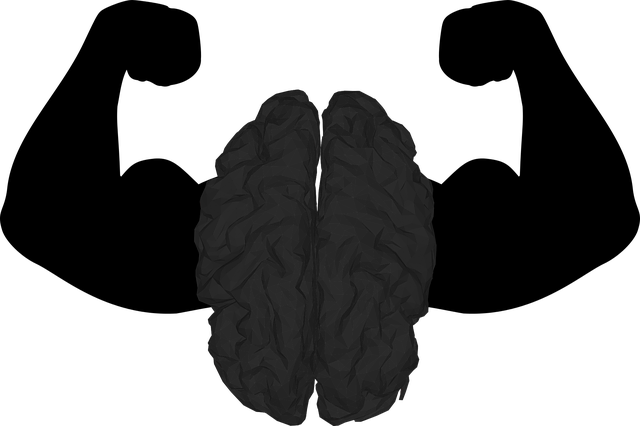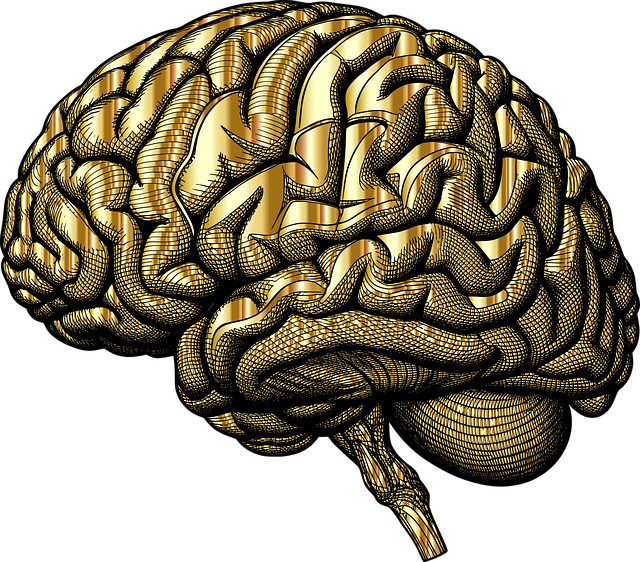Mindfulness meditation emerges as a powerful therapy for young adults with eating disorders, promoting present-moment awareness and emotional connection. Starting with just 10 minutes daily, guided meditations focused on self-acceptance and stress management can help regulate emotions and curb impulsive behaviors. Combined with traditional therapy and community outreach programs, mindfulness techniques like mindful eating exercises offer holistic support for recovery, fostering mental resilience and a healthier relationship with food.
Mindfulness meditation is emerging as a powerful tool in the therapeutic arsenal for young adults struggling with eating disorders. This practice, rooted in ancient Buddhist traditions, encourages present-moment awareness and non-judgmental observation of thoughts and feelings. In this article, we explore how mindfulness can be tailored to suit young adults, focusing on specific techniques and tips to establish a sustainable practice. We also delve into the significant benefits it offers in recovery and maintenance, highlighting its potential as a transformative therapy for young adults facing eating disorders.
- Understanding Mindfulness Meditation for Eating Disorders
- Creating a Practice: Tips and Techniques for Young Adults
- The Benefits of Mindfulness in Recovery and Maintenance
Understanding Mindfulness Meditation for Eating Disorders

Mindfulness meditation has emerged as a valuable tool in the realm of therapy for young adults struggling with eating disorders. This ancient practice involves focusing one’s attention on the present moment, cultivating awareness without judgment. For individuals dealing with disordered eating, mindfulness offers a unique approach to healing by fostering a deeper connection with their bodies and emotions. By incorporating meditation into their self-care practices, young adults can develop a more positive thinking mindset, which is crucial for challenging the negative thoughts and behaviors often associated with eating disorders.
In the context of mental health policy analysis and advocacy, promoting mindfulness as a therapeutic intervention can significantly contribute to improving support systems for those affected. Self-care practices like meditation encourage individuals to take an active role in their recovery journey. Through regular practice, they learn to regulate emotions, reduce stress, and make conscious choices regarding their relationship with food. This holistic approach not only addresses the symptoms of eating disorders but also promotes overall mental well-being, emphasizing the importance of mindfulness as a sustainable strategy for long-term recovery.
Creating a Practice: Tips and Techniques for Young Adults

Starting a mindfulness meditation practice can be a powerful tool for young adults navigating life’s challenges. In today’s fast-paced world, finding moments of calm and present awareness is essential for mental well-being, especially for those dealing with issues like eating disorders or seeking burnout prevention. Creating a dedicated space and setting realistic goals are key to establishing a consistent routine. Begin by carving out just 10 minutes each day for meditation; this can be during morning quiet time or before bed to unwind.
Consider incorporating guided meditations tailored to young adults, which often explore themes of self-acceptance, body positivity, and stress management—all of which are relevant to therapy for young adults eating disorders. There are numerous apps offering such programs, many with community outreach components, fostering a sense of connection and support. Additionally, joining a meditation group or attending workshops can provide valuable strategies for maintaining motivation and improving self-esteem.
The Benefits of Mindfulness in Recovery and Maintenance

Mindfulness has emerged as a powerful tool in the realm of recovery and maintenance for young adults dealing with eating disorders. This ancient practice involves focusing one’s awareness on the present moment, non-judgmentally, which can significantly enhance overall well-being. By integrating mindfulness meditation into their self-care routines, individuals can foster better emotional regulation, reduce impulsive behaviors, and cultivate a healthier relationship with food.
Incorporating mindfulness techniques, such as mindful eating exercises, can complement traditional therapy for young adults with eating disorders, like those offered through community outreach program implementations. It encourages acceptance of emotions and bodily sensations, promoting self-care practices that extend beyond diet restrictions. This mental health awareness fosters resilience, enabling individuals to navigate challenges without resorting to disordered behaviors.
Mindfulness meditation offers a powerful tool for young adults navigating eating disorders, providing a path towards recovery and maintenance. By understanding mindfulness’s role in managing symptoms and incorporating practical tips tailored to their lives, individuals can embark on a transformative journey. The benefits extend far beyond the dining table, fostering resilience and enhancing overall well-being. With dedicated practice, mindfulness becomes an invaluable asset in the therapy for young adults struggling with eating disorders, promoting lasting positive change.














